By Adefunke Ekine
According to UNESCO, school-related gender-based violence (SRGBV) involves
acts or threats of sexual, physical, or psychological violence occurring within and
around school, perpetrated because of gender norms and stereotypes, and
facilitated by unenforced and unequal power dynamics. These acts or threats not
only have detrimental effects on the academic outcomes of their victims but also
more specifically, hinder a country’s human, social, psychological, and economic
development in addition to obstructing the government’s poverty alleviation and
peace building efforts.
In Nigeria, there is no known prevalence of SRGBV at the primary school level
except as found in the 2014 Violence Against Children Survey (VACS) by the
National Population Commission (NPC) (UNICEF 2015), which showed a high
prevalence (approximately 60 percent) of violence among adolescents before the
age of 18, a finding corroborated by United Nations Population Fund (2019). In
higher education, Mejuini and Obilade (2012) found that 23 percent of university
students had experienced SRGBV, but Iliyasu et al. (2011) found a much higher
prevalence—58.8 percent. Cases often go unreported or underreported because
students fear victimization, punishment, or ridicule (Njuguna and Itegi 2013).


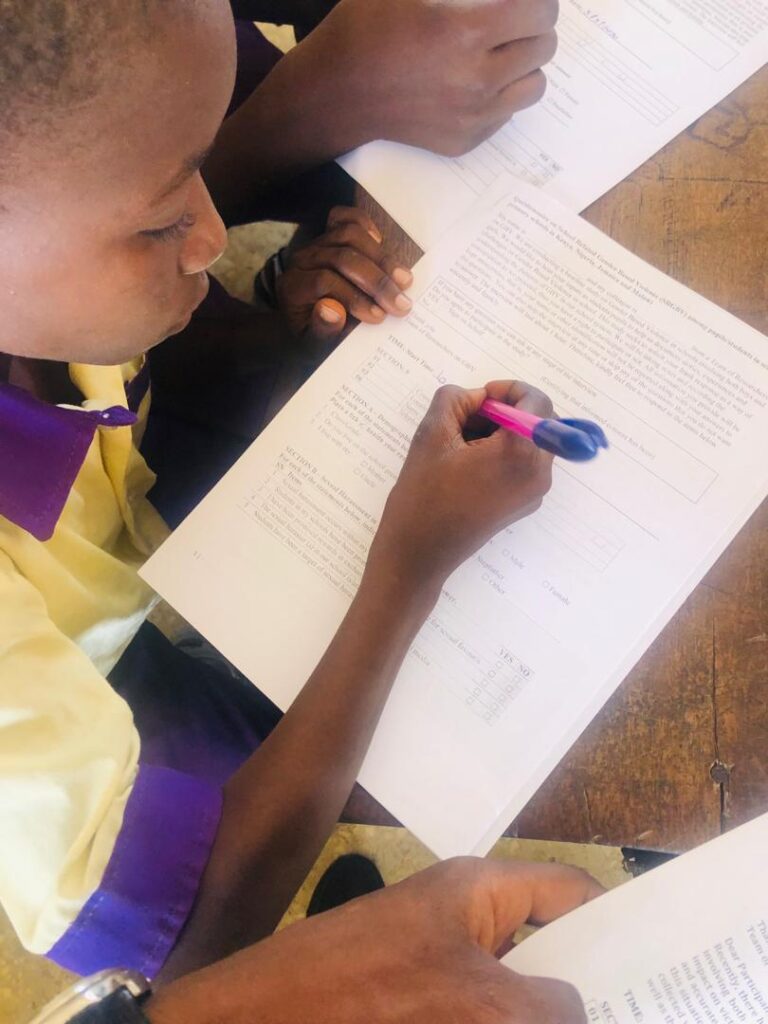
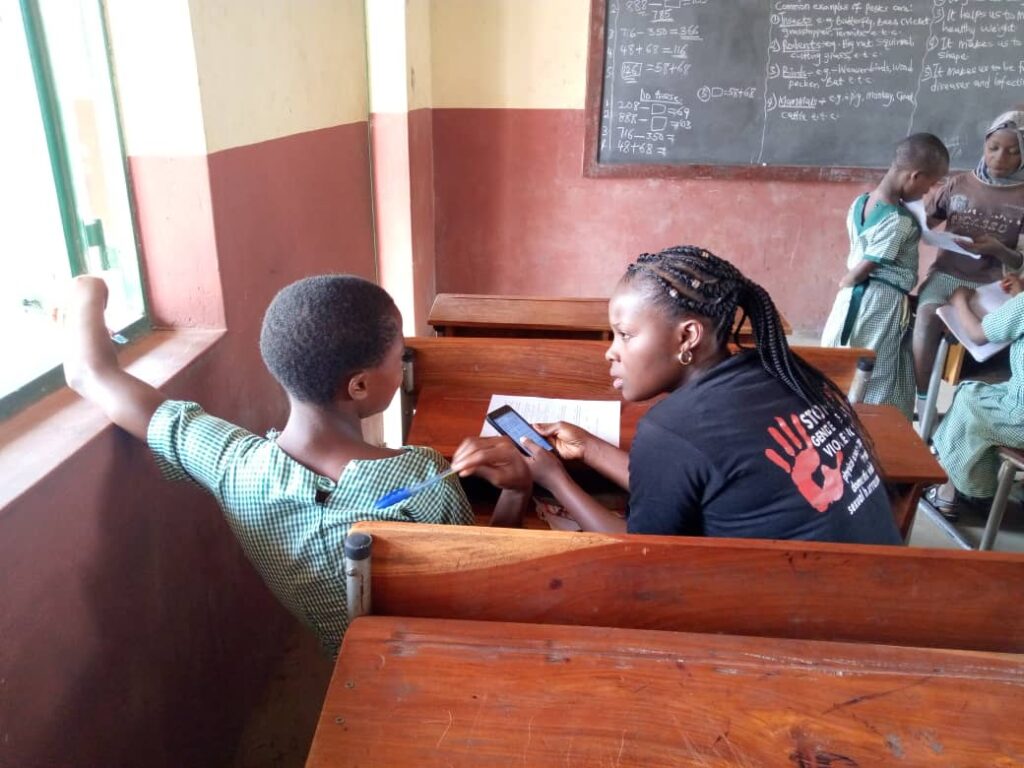
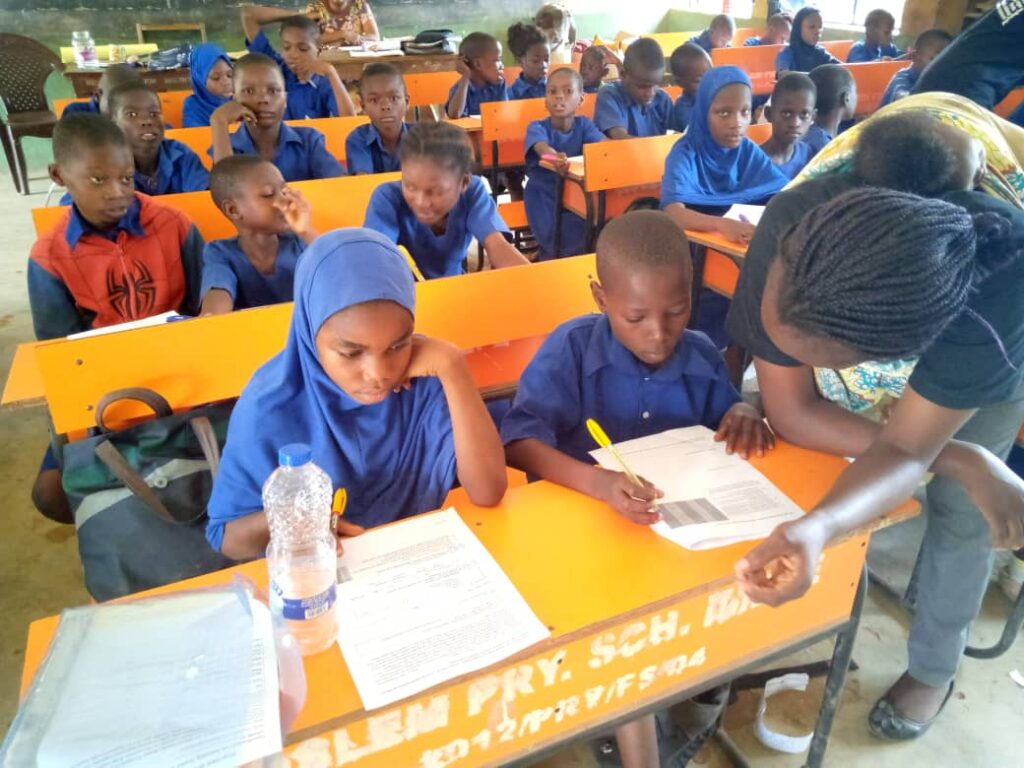
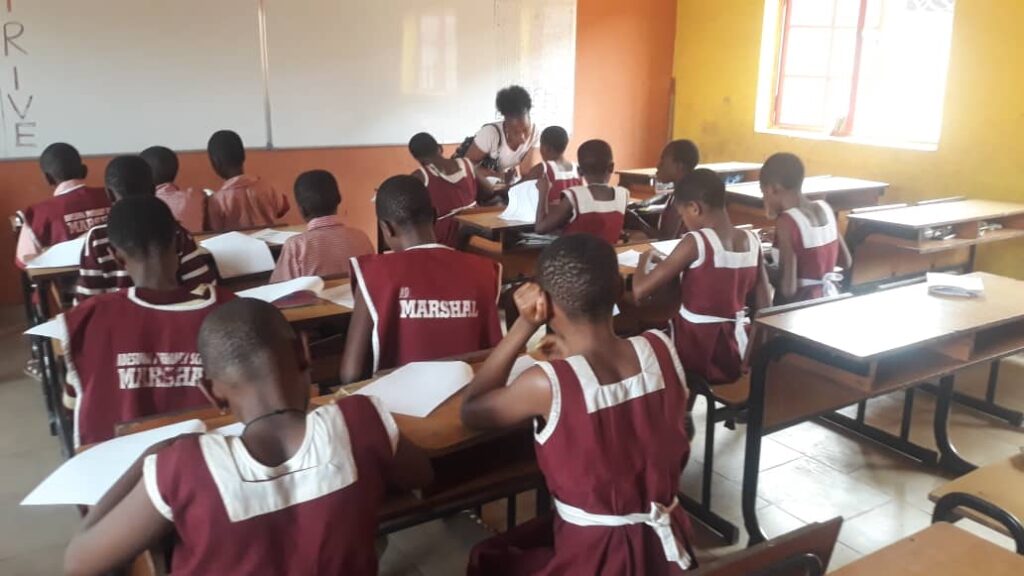
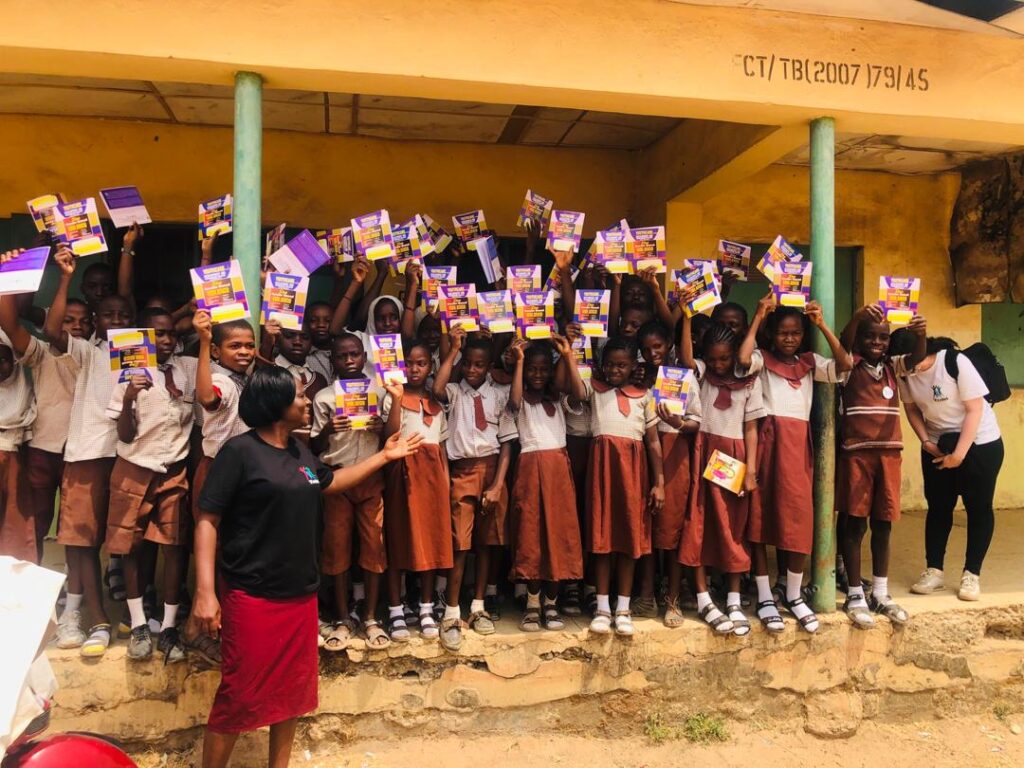
Recent Comments